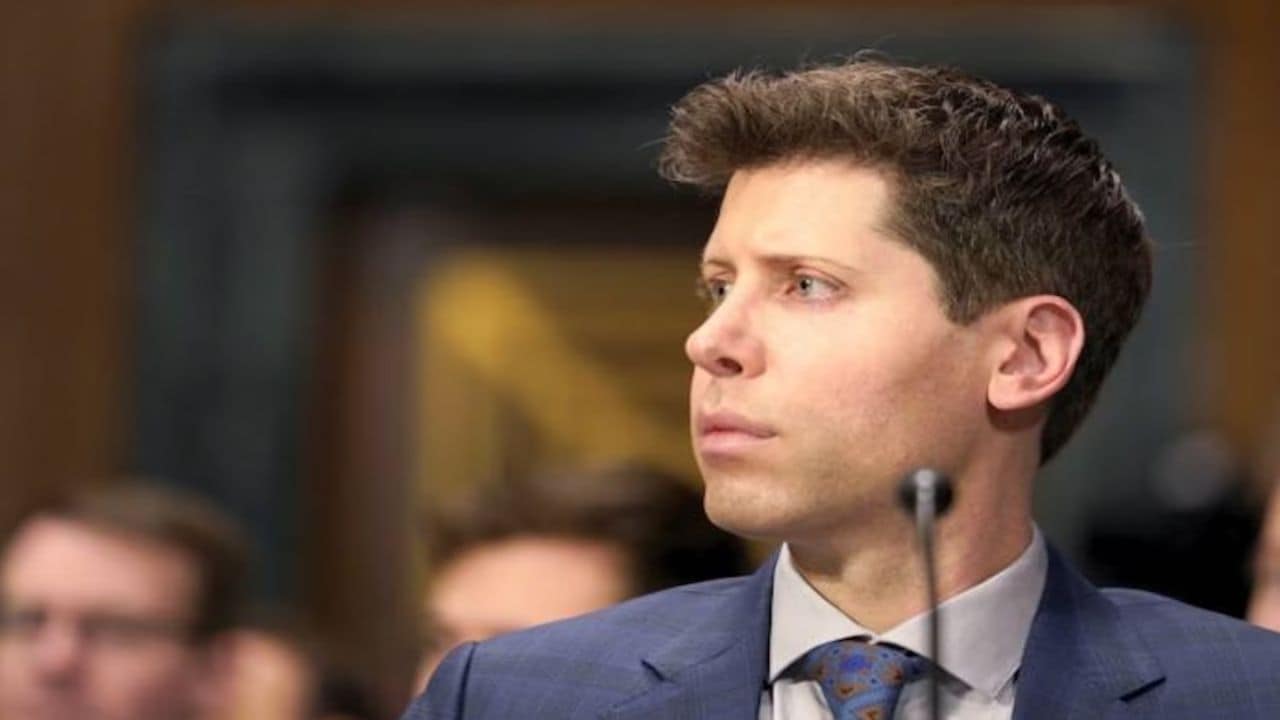In a sharp reversal of earlier restructuring plans, OpenAI announced Monday that its nonprofit board will continue to hold control over the company’s operations. The decision is a significant shift in governance at one of the world’s most influential AI companies—and a move that likely limits the authority of CEO Sam Altman.
“We made the decision for the nonprofit to stay in control after hearing from civic leaders and having discussions with the offices of the Attorneys General of California and Delaware,” Altman said in a letter to employees, as reported by Reuters.
The company is now pursuing what Altman and OpenAI board chair Bret Taylor described as a “recapitalization,” transitioning OpenAI’s for-profit arm into a public benefit corporation (PBC). The shift, they said, is aimed at better aligning business growth with OpenAI’s foundational mission to develop safe and broadly beneficial artificial intelligence.
Under the new structure, the nonprofit board will continue to select the PBC’s board of directors. While Taylor declined to disclose the nonprofit’s exact ownership share, initial reports suggest the PBC board may mirror the nonprofit’s current board.
Some investor profit caps will be lifted, and shareholders are expected to receive stock. Altman said these changes will give OpenAI’s for-profit side greater flexibility to operate like a traditional tech company—facilitating capital access, acquisitions, and other corporate activities—while still remaining mission-driven.
“There’s so much more demand to use AI tools than we thought there was going to be,” Altman said. “Getting access to more capital makes it easier for us to do the things that a company of our scope has to do.”
Governance Under Pressure
Founded in 2015 by Altman, Elon Musk, and others as a nonprofit AI research lab, OpenAI has since evolved into a commercial juggernaut. With a reported valuation of $300 billion and 400 million weekly users of ChatGPT, the company has been under intense scrutiny—from regulators, investors, and former employees alike.
The restructuring effort, originally intended to streamline operations and attract greater investment, was complicated by regulatory pressure. Both California and Delaware attorneys general reviewed the plan. California’s AG confirmed ongoing discussions with OpenAI.
The company also faces legal challenges from co-founder Musk, who accused it of betraying its original nonprofit mission. While some of Musk’s claims were recently dismissed by a federal judge, other aspects of the lawsuit are expected to proceed to trial next year.
A Unique AI Governance Model
Public benefit corporations, recognized in Delaware since 2013, are legally required to balance profit-making with a social mission. Companies like Coursera and Amalgamated Bank operate under this structure. But OpenAI’s hybrid model remains distinctive—its nonprofit arm retaining oversight of a for-profit engine pursuing cutting-edge artificial intelligence.
Some critics, including AI pioneer Geoffrey Hinton and ex-employees, warn that even a PBC structure may fall short of ensuring long-term accountability if OpenAI succeeds in building artificial general intelligence (AGI). Altman still insists the shift makes OpenAI’s structure “more understandable” and better suited to meet global demand for its AI tools—without abandoning the mission that started it all.
Read More: Sam Altman clarifies AI cost remarks, says low-cost LLMs are now ‘doable’
